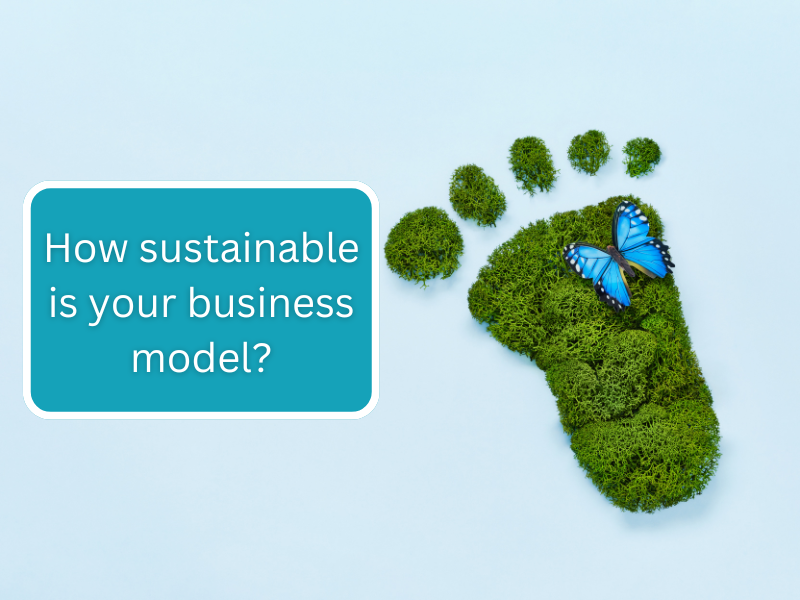
Incorporating Sustainability into Your Business Model
In today’s competitive market, integrating sustainability into a business model is not just an ethical choice but a strategic financial decision. Adopting sustainable practices can lead to significant cost savings, enhanced brand reputation, and long-term financial stability for business owners in the landscape and trade industries. Below are some ideas for how to incorporate sustainability to manage your business finances more effectively.
Energy Efficiency and Resource Management
Implementing energy-efficient practices can drastically reduce operational costs. For landscape businesses, investing in energy-efficient irrigation systems and LED lighting can lower utility bills. Trade businesses can benefit from using energy-efficient machinery and optimising equipment usage. Additionally, managing resources wisely, such as reducing water waste or recycling materials, can minimise expenses and decrease dependency on non-renewable resources.
Sustainable Sourcing and Materials
Choosing sustainable materials may seem costlier initially, but it often leads to savings in the long run. For example, using locally sourced plants and materials in landscaping reduces transportation costs and supports local economies. In trade industries, selecting durable, eco-friendly materials can decrease maintenance costs and extend the lifespan of your products or services. Moreover, sustainable sourcing can qualify a business for tax incentives and grants aimed at promoting environmental responsibility.
Waste Reduction and Recycling
Minimising waste benefits the environment and also improves your bottom line. Implementing recycling programmes and optimising waste management processes can lower disposal costs and even generate additional revenue through the sale of recyclable materials. In the landscaping industry, composting green waste can create valuable soil amendments, reducing the need to purchase expensive fertilisers.
Enhancing Brand Reputation and Customer Loyalty
Consumers are increasingly prioritising businesses that demonstrate environmental responsibility. By incorporating sustainability into your business model, you enhance your brand reputation, attracting eco-conscious clients and fostering customer loyalty. A strong reputation can lead to increased sales, repeat business, and referrals, contributing to a healthier financial outlook.
Access to Sustainable Financing and Incentives
Many financial institutions and government programmes offer incentives for businesses adopting sustainable practices. These can include lower interest rates on loans, grants, and tax breaks. By integrating sustainability into your business operations, you become eligible for these financial benefits, easing cash flow and enabling further investment in growth initiatives.
Long-Term Financial Resilience
Sustainable businesses are better equipped to adapt to market changes and regulatory requirements. By proactively addressing environmental concerns, risks associated with resource scarcity, regulatory penalties, and reputational damage are mitigated. This resilience ensures long-term financial stability and positions your business for continued success.
Incorporating sustainability into your business model is a forward-thinking approach that offers numerous financial benefits. From reducing operational costs and accessing financial incentives to enhancing brand reputation and ensuring long-term resilience, sustainability is a powerful tool for effective financial management. Embrace sustainable practices today to secure a prosperous and responsible future for your business.
